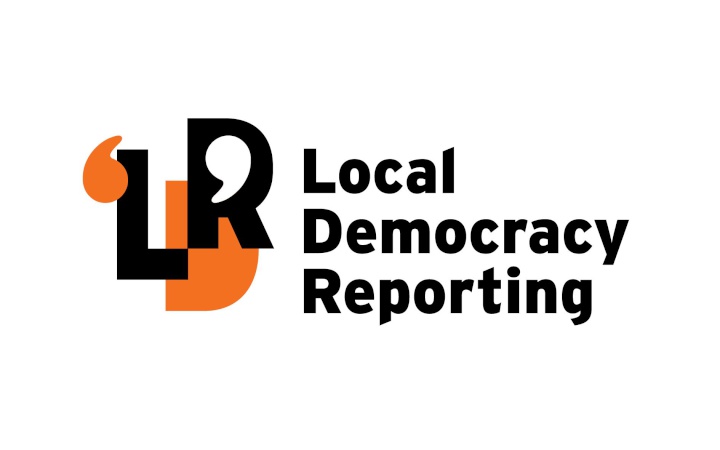West Coast iwi are backing a plan to making resource consents less of a bureaucratic maze for alluvial goldminers.
The West Coast Regional Council is aiming to speed up the consent application process by working with Poutini Ngāi Tahu and the industry to write standard conditions and clearer templates.
Goldminers keen to capitalise on the current gold price have been queuing for consents in recent months.
And some have complained about the complexity of the process and the time it takes to gain council and iwi approval of conditions.
Under the RMA, the council must work with manawhenua on environmental matters - a policy reinforced by the Mana Whakahono a Rohe partnership deal it signed with Poutini Ngāi Tahu in 2020.
The agreement is now up for its five-year review.
And at a public workshop this week, Poutini Ngai Tahu Partnership and Economic Development Manager Ashley Stuart said the council had not yet lived up to the agreement by sorting out the practicalities.
“We haven’t fully delivered on actions set out in the agreement and have come to realise there is an actual level of discomfort for some, in how this is working in practice,” Ms Stuart said.
The value of collaborating with iwi for the good of the West Coast economy had not changed, but there was a need for more clarity on who did what, and when.
“It’s not a tradeoff - it’s a balance,” Ms Stuart said.
The changes proposed in the document spell out council and iwi responsibilities to work together on consents for other activities as well, including drinking water supplies, sewerage systems, landfills and flood protection
“But … we cannot keep spending time working re-actively, assessing every single consent as if it’s the first time we’ve worked together. We’re going backwards if we keep going on that route."
Council chair Peter Haddock said the Council had a great relationship with West Coast iwi and he treasured that, but agreed the consent process needed streamlining.
“I’ve looked at a couple (of mining applications) - they’re going back and forth between the council and Poutini Ngāi Tahu and it’s holding things up.”
Ngati Waewae representative Francois Tumahai agreed.
“You’re right – it’s doubling up and we don’t need to. (But) with a set of conditions everyone agrees on, we’re done and dusted.”
The Mana Whakahono a Rohe review was intended to iron those glitches out, Mr Tumahai said.
“We don’t want to hold things up. Poutini Ngāi Tahu is a big promoter of mining on the West Coast and we intend to stay that way.”
WCRC chief executive Darryl Lew said goldmining was not the only industry that stood to gain from a clearer, simplified resource consent application system.
“We will start with mining and go thematically through some of our intensive work areas; dairy effluent consents, point source discharges from wastewater plants; even down to whitebait stands, because we have 500 of those up for renewal in the next 18-months,” Mr Lew said.
If the council and iwi could agree with iwi on standard consent conditions for alluvial goldmining in the next couple of weeks, the next step would be a workshop with industry representatives to see if everyone could agree.
Councillor Allan Birchfield waved a copy of a resource consent he was granted in 1993 under the RMA for alluvial mining at Red Jacks Creek.
The three-page consent – seen by LDR - required him to build a weir to protect a rail bridge and supply a stockpile of rock for repairs.
The council need look no further than its own records for examples of simple consent forms, he suggested.
“You’ve gone wrong over the years, made it more and more complicated. We should have worked out a set of conditions for any site.. get it signed and get people to work.”
In response to a question, Ms Stuart said the impending RMA reforms were unlikely to change the requirement for councils and iwi to work together.
“But even if it does change would we want to move away? Some question, do we have to partner? ... We don’t have to work with industry, but we do because it’s the right thing to do.”
The partnership agreement simply set out how that would happen and gave the iwi no extra powers, Ms Stuart said.
LDR is local body journalism co-funded by RNZ and NZ On Air.



 Great Journeys New Zealand: Scenic Plus Winter Menu Launched
Great Journeys New Zealand: Scenic Plus Winter Menu Launched Tourism New Zealand: Tourism New Zealand Invites The World To Find Their 100% Pure New Zealand In New Global Campaign
Tourism New Zealand: Tourism New Zealand Invites The World To Find Their 100% Pure New Zealand In New Global Campaign Bill Bennett: Comcom warns 2degrees over satellite marketing
Bill Bennett: Comcom warns 2degrees over satellite marketing Transpower: Major Electricity Development For Western Bay Of Plenty A Step Closer
Transpower: Major Electricity Development For Western Bay Of Plenty A Step Closer Alcohol Beverages Council: Turning The Tide - New Zealanders Unite To Curb Harmful Drinking
Alcohol Beverages Council: Turning The Tide - New Zealanders Unite To Curb Harmful Drinking University of Auckland Business School: Economists Urge Action To Prevent ‘AI Poverty Traps’
University of Auckland Business School: Economists Urge Action To Prevent ‘AI Poverty Traps’


